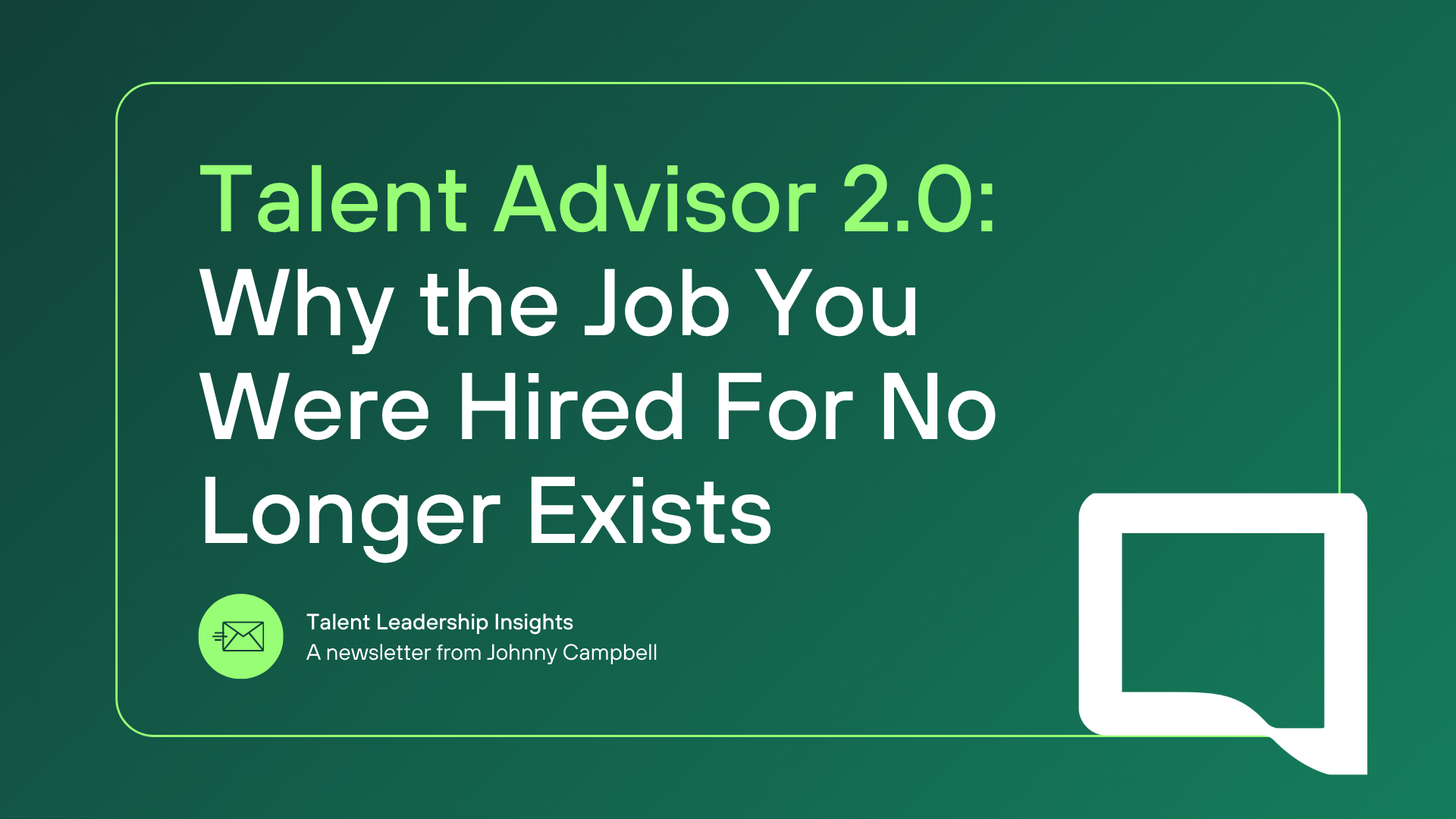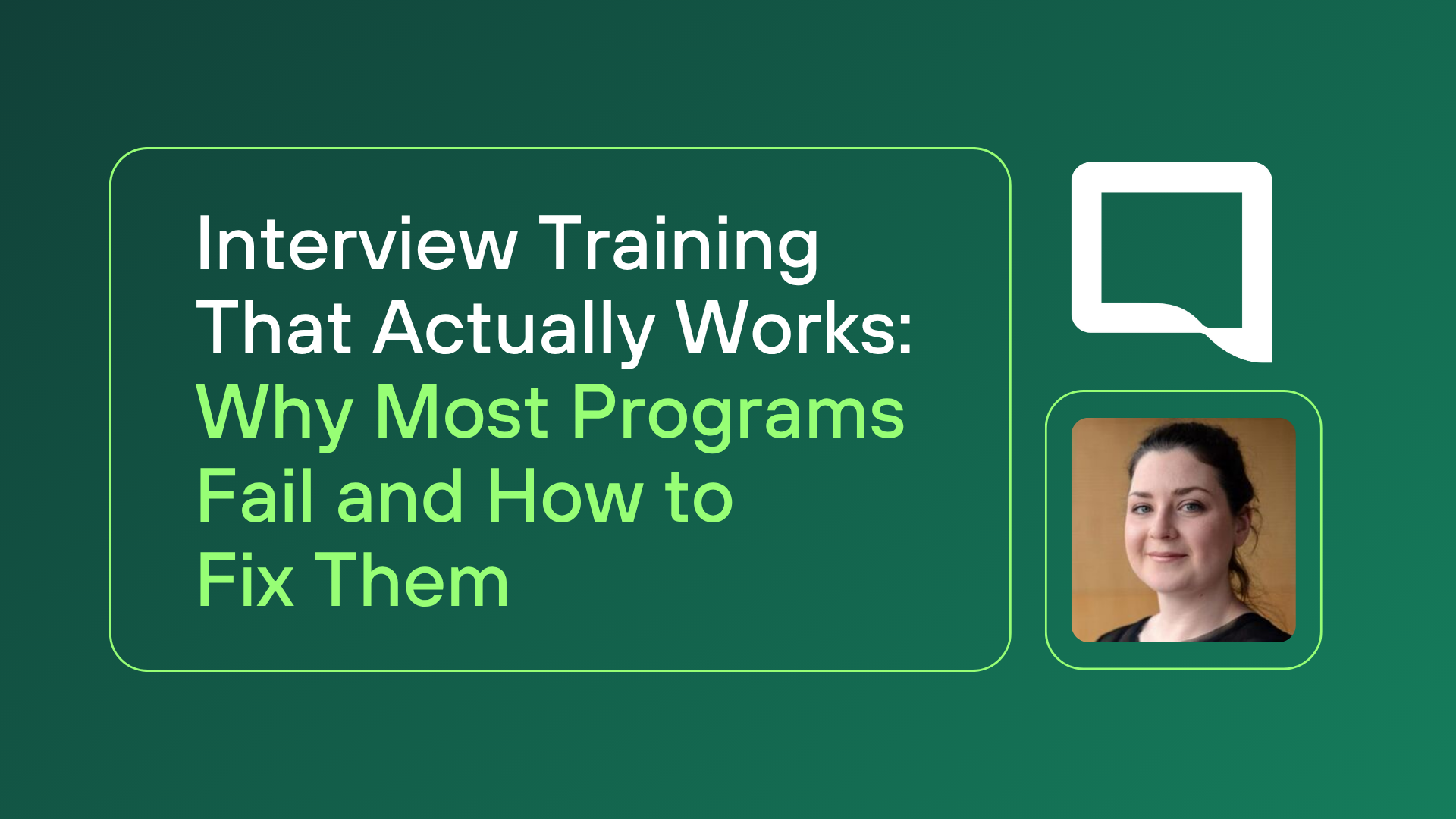This isn’t to say education and experience are meaningless. They matter. They add context. They’re critical in certain roles—no one wants to be the test case for a surgeon’s first day.
But for a wide range of roles, especially those where collaboration, problem-solving, and adaptability matter most, these traditional filters only tell part of the story.
It’s like assuming someone is physically fit because they’ve had a gym membership for five years. Many of us—myself included—know from personal experience that assumption is just not true. Without knowing whether they ever showed up or what they did when they were there, you’re making a risky assumption.
There’s another cost as well. Over-reliance on degrees and linear career histories shuts out strong talent, essentially screening out strong candidates who gained their skills in less traditional ways.
A more effective alternative is to consider skills-based recruitment, which prioritizes natural talents and motivations over résumés. This approach helps organizations look beyond credentials and evaluate what truly drives high performance.






















